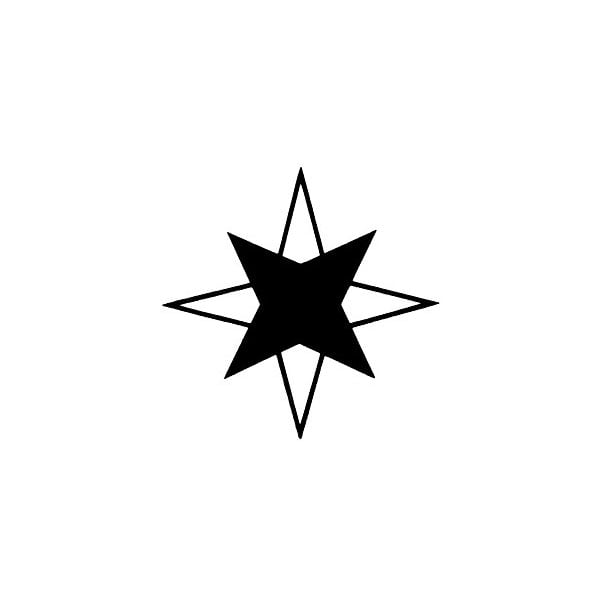American Friends Service Committee
Speed read
The American Friends Service Committee was awarded the Nobel Peace Prize, jointly with the Friends Service Council, for their pioneering work in the international peace movement and compassionate efforts to relieve human suffering.

Full name: American Friends Service Committee (AFSC)
Founded: 1917, Washington, D.C., USA
Date awarded: 30 October 1947
God’s goodness shown through brotherly love
The American Friends Service Committee was the co-recipient of the Nobel Peace Prize in 1947. The AFSC was founded in 1917 by American Quakers following US entry into the war. Having gained government approval to perform relief work as an alternative to military service, the members of the AFSC took part in reconstruction efforts in France. Quakers built temporary housing, procured livestock and grain, and offered help to sick people and pregnant women. After the war, they organised aid operations in Germany and the Soviet Union, which were suffering from hardship and famine. In the 1930s, the AFSC helped Jewish refugees as well as victims on both sides of the Spanish Civil War. During WWII, they provided aid to interned Japanese-Americans. When peace came, they focused their relief efforts on slave labourers and prisoners of war.
"We believe that war is merely a convention of social habit … and these conventions are subject to change, as much as we believe in the transformation of individuals. Christianity and experience teach us that men and customs can be transformed."
Henry J. Cadbury, Nobel Prize lecture, 10 December 1947.
Quaker aid in Germany
After the close of WWI, American Quakers did much to alleviate hardship in a Germany devastated by war. They opened a network of soup kitchens that provided food to hundreds of thousands. At the end of WWII in 1945, the Quakers could be found in Germany once again, helping not only concentration camp prisoners and slave labourers, but also the waves of German refugees from Eastern Europe. The Quakers established schools in the refugee camps, distributed food and organised “democratic” youth clubs. Many of these efforts were carried out in cooperation with the United Nations Relief and Rehabilitation Administration.
Protest against the war in Iraq
American Quakers often lead the way in protest actions against war as a means of resolving international conflict. In May 2004 they hosted an exhibit displaying over 800 pairs of military boots outside the US Congress building in Washington, DC. The boots were marked with the names of soldiers who have been killed in Iraq. The exhibit was designed to increase public awareness of the loss of human life, which the US Government had chosen to downplay.
"Throughout the world they triumph over the human psyche by means of their uncompromising and fearless observance of some of the Bible’s most exigent commands: Love thy enemy, love thy neighbour as thyself and show mercy to all."
Norwegian newspaper Kongsberg Dagblad, 4 November 1947.
Learn more
Read the history of the American Friends Service Committee
Disclaimer: Every effort has been made by the publisher to credit organisations and individuals with regard to the supply of photographs. Please notify the publishers regarding corrections.
Nobel Prizes and laureates
Six prizes were awarded for achievements that have conferred the greatest benefit to humankind. The 14 laureates' work and discoveries range from quantum tunnelling to promoting democratic rights.
See them all presented here.
